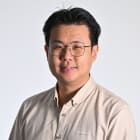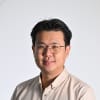China names new Central Military Commission vice chair amid ruling elite’s biggest shake-up in 8 years
Zhang Shengmin, the newly-appointed vice chair of the Central Military Commission, has been a key figure in enforcing President Xi Jinping’s sweeping clean-up of the military.
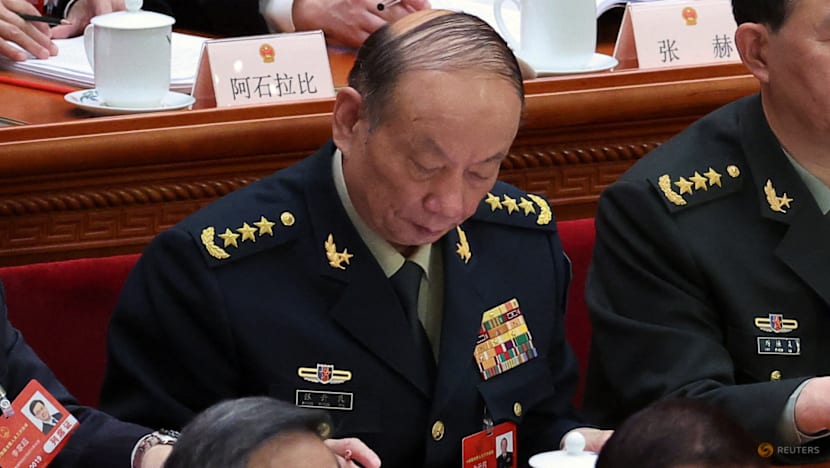

This audio is generated by an AI tool.
BEIJING: China has appointed a new vice chairman of its top military decision-making body, the Central Military Commission (CMC), as a sweeping purge shakes the top ranks of its armed forces.
The appointment of Zhang Shengmin to the post comes amid the biggest reshuffle in eight years to the upper echelons of China’s Communist Party (CCP), with 11 members of its Central Committee replaced.
A veteran political officer, Zhang, 67, has served as the CMC’s secretary of the Discipline Inspection Commission since 2017, effectively acting as the top anti-corruption watchdog within the People’s Liberation Army (PLA).
He has been a key figure in enforcing President Xi Jinping’s sweeping military clean-up, overseeing investigations that have brought down dozens of senior officers in recent years.
The personnel changes were revealed in a communique on Thursday (Oct 23) issued at the end of a four-day political gathering, the fourth plenum, that also endorsed the country’s next development blueprint for the rest of the decade.
The Central Committee sits below the Politburo and its standing committee in the CCP hierarchy. It comprises about 200 full and 170 alternate members drawn from the party elite.
SHAKE-UP AT THE TOP
Zhang replaces former CMC vice-chair He Weidong, who is among 14 officials expelled from the CCP, including a significant number from the Central Committee.
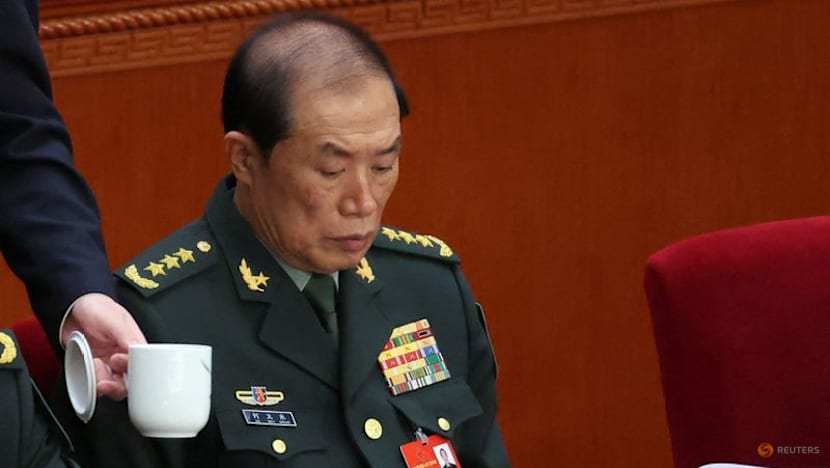
Other high-profile fallen military figures include Miao Hua, former chief of the CMC Political Work Department, as well as He Hongjun, Wang Xiubin, Lin Xiangyang, Qin Shutong, Yuan Huazhi and Wang Chunning.
Together, they represented the uppermost echelon of China’s armed forces, spanning the PLA’s Eastern Theater Command and Rocket Force, as well as the People’s Armed Police.
Outside the PLA, other party expulsions included former agriculture minister Tang Renjian, who was handed a suspended death sentence in late September for bribery, and former Shanxi governor Jin Xiangjun.
The shake-up comes amid Xi’s sweeping anti-corruption crackdown, which has felled officials across the spectrum - from top generals in the barracks to executives in the boardrooms.
Many of the removals had already been flagged in advance.
The defence ministry announced just days before the fourth plenum that nine senior generals, including He Weidong and Miao, had been expelled from the CCP for “serious violations of Party discipline and job-related crimes”.
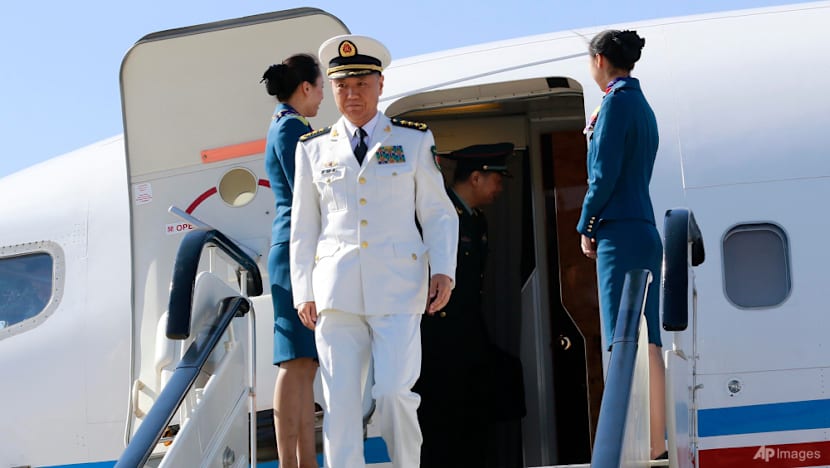
Before this, He Weidong had been absent from the public eye since March, with no official explanation. Meanwhile, Miao was suspended last year for “serious violations of discipline” - a common euphemism for corruption - and formally removed from his post in June.
The nine were also stripped of their military ranks and their cases handed to military prosecutors for criminal review. Most were full Central Committee members, and the defence ministry statement made clear their expulsions would be ratified at the fourth plenum.
Their removal marked the largest single purge of senior officers since China’s reform era, and the first known instance of a serving CMC vice chairman being “double expelled” from both the CCP and the army.
Many of the fallen generals had served in the Eastern Theater Command or the former Nanjing Military Region, institutions long linked to He Weidong and Miao.
The downfall of both men leaves the seven-member CMC, the country’s top military body that oversees the armed forces, with only four serving members.
PROMOTIONS AMID PURGES
The fourth plenum also showcased promotions as 11 alternate members were elevated to full members of the Central Committee.
This marks the highest turnover of the Central Committee line-up since the seventh plenum in 2017, when 12 full members were expelled and 11 alternate members were promoted as replacements.
Unlike full members, alternate members do not have voting rights. They are often drawn from younger cadres and technocrats.
The new appointees include figures from both central ministries and provincial administrations, signalling the leadership’s intention to replenish the Committee with a mix of technocrats and provincial cadres.
Among them are Yu Huiwen, vice-minister of the Ministry of Ecology and Environment; Ma Hancheng, deputy party secretary of Guizhou province; and Wang Jian, executive vice-governor of Liaoning province.
Other newly-elevated Central Committee members include Wang Xi, a materials scientist and Chinese Academy of Sciences academician who now serves as a member of the Guangdong provincial party standing committee and head of the United Front Work Department.
Also among the new entrants are Deng Yiwu, chairman of China Grain Reserves Group (Sinograin), which oversees the country’s strategic food stockpiles, and Wang Xinwei, the governor of Liaoning province.
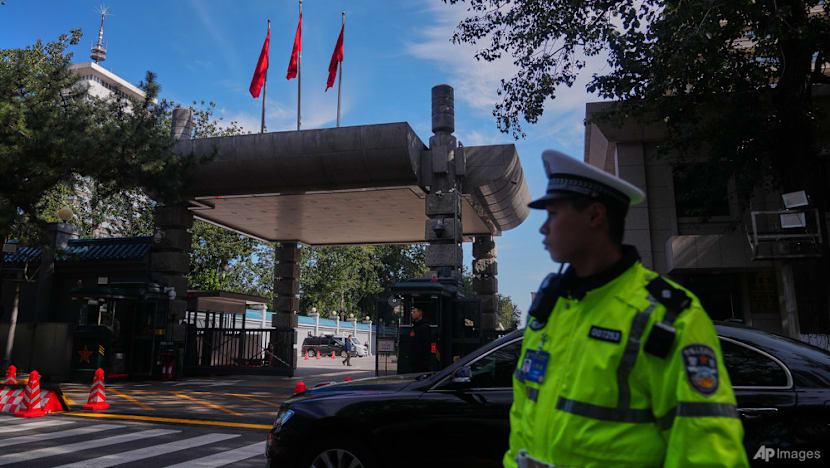
The fourth plenum takes place as China grapples with pressures at home and abroad, from sluggish domestic spending to an uneasy trade truce with the United States.
It comes just a week before the Asia-Pacific Economic Cooperation (APEC) summit in South Korea from Oct 30 to Nov 1, where US President Donald Trump has touted a much-anticipated meeting with Xi.
Beijing has yet to confirm Xi’s attendance at the gathering. Observers have also cautioned that even if a Trump-Xi meeting does materialise, it could be more symbolic than substantive.








